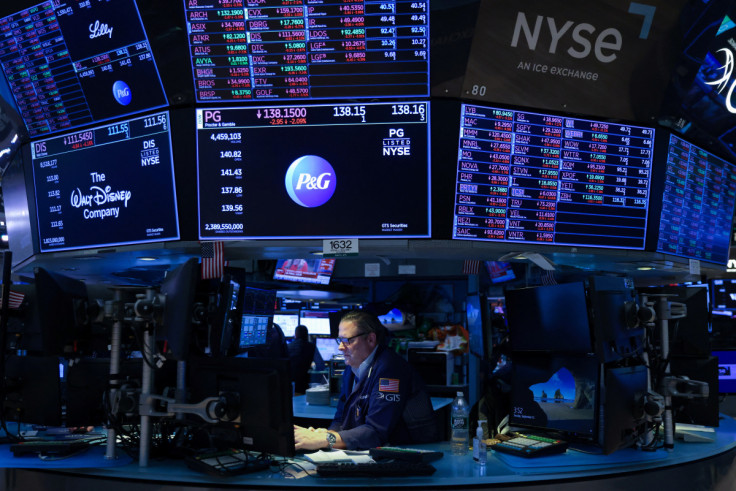US Stocks Rise As Investors Anticipate Midterm Election Results, October Inflation
The U.S. stocks rose for a third trading day on Tuesday as investors anticipated midterm election results and October inflation numbers.
All major equity averages close the trading session higher, led by the Dow Jones Industrial Average, which gained 1.02%. The laggard was the tech-heavy Nasdaq, up 0.49%, held back by a crash in the cryptocurrency market.
While the full results of the midterm elections may not be known for days or even weeks, traders and investors raised their bets on stocks on the prospect of a divided legislature, with Republicans taking control of the House and Democrats holding on to the Senate.
A divided legislature is usually good news for equities, as it makes it more difficult for Washington to get through regulations that may negatively affect businesses.
In addition, it will constrain Washington's ability to overspend, which is good news for the debt market, which rallied on Tuesday, driving yields lower.
Then there's the prospect that the October reading on the Consumer Price Index (CPI) due on Thursday will show that the pace of consumer price hikes has been moderating. For instance, the Cleveland Fed's Nowcast expects the October CPI to come in at 8.0%, slightly higher than the 7.9% consensus but below the September number, which came at 8.2%.
That could be a change from the recent reports that surprised Wall Street mainly on the upside, sending equities lower. "So far this year, higher-than-expected CPI readings have led to weakness in equity markets," Samuel Caylor, an investment analyst and senior trader at Vineyard Global Advisors, said.
Lower inflation could help drive bond yields lower. And that's good news for interest rate-sensitive sectors like consumer discretionaries and heavily leveraged sectors like utilities.
Moreover, the lower yields will help drive the U.S. dollar lower, providing a tailwind to listed companies with significant overseas exposure like the high techs.
Still, Greg McBride, CFA, chief financial analyst at Bankrate.com, thinks Wall Street's renewed enthusiasm for October inflation numbers is premature. "Food and shelter continue to exert outsized pressure on the inflation rate and consumers' pocketbooks," he told International Business Times. "Energy has been a mixed bag, with gasoline prices having declined in recent months but electricity and natural gas still rising at a whopping pace. Moreover, as the weather turns cold, the cost of heating homes will further strain household budgets."
What does it mean for markets? It depends on how far the actual number is from the consensus estimates. "Net-net, a CPI report on Thursday that is more than 0.5% above the current consensus expectation for 7.9% could cause another market sell-off," Caylor added. "But a reading that is only 0.1% to 0.3% higher may see a more muted stock market reaction given the improvements in forward-looking inflation measures. "

© Copyright IBTimes 2025. All rights reserved.






















